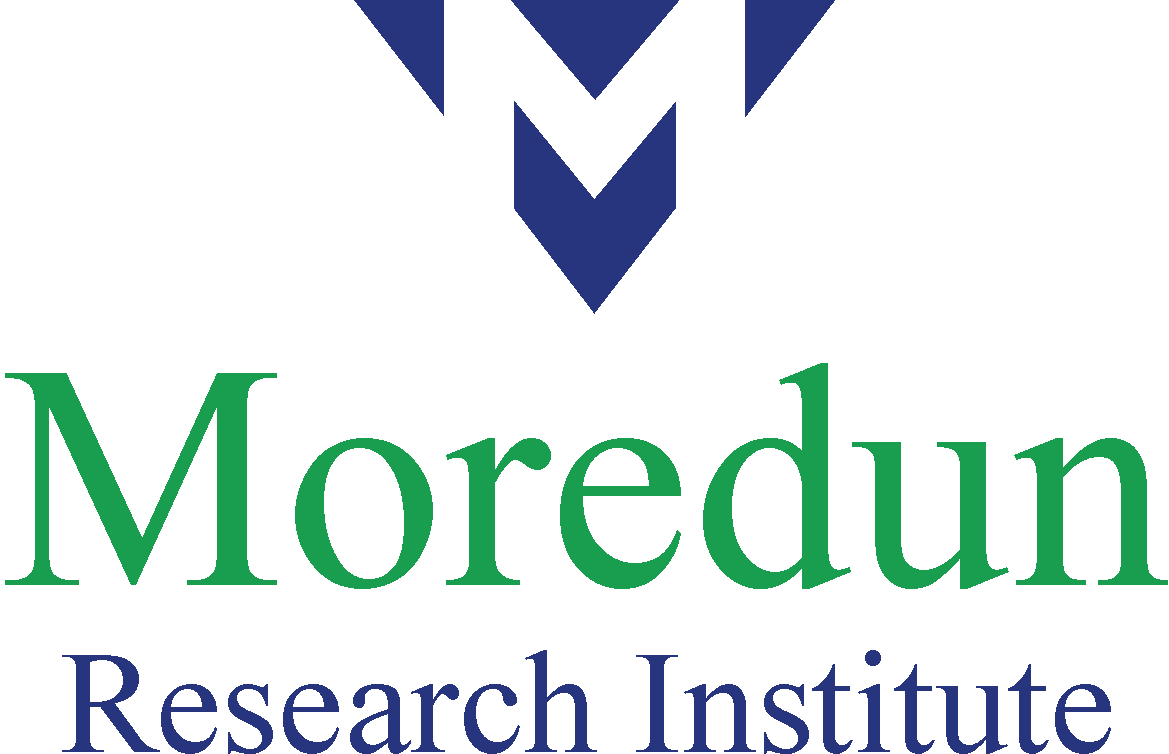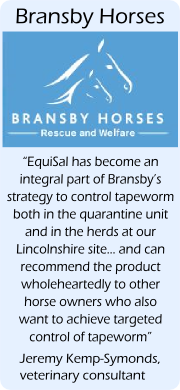Home News and Research New Horse Trust funding
New Horse Trust funding


January 17th 2018
New funding to develop tests for the detection of small redworm parasites in horses
The Moredun Research Institute has successfully obtained new research funding from the Horse Trust to complete the development of a blood based test for the detection of cyathostomins (small redworms) in horses. The funding will also be used to investigate a saliva based adaptation of the test, in development at Austin Davis Biologics Ltd (service provider of EquiSal Tapeworm testing).
Small redworm infections are extremely common. Horses with many immature worms (larvae) in their guts can develop severe colitis, which can be fatal. Moxidectin is the only dewormer that has high anti-larval efficacy, but for which resistance is not yet widespread. To protect the effectiveness of this dewormer, targeted treatment programmes are required. Direct methods for the detection of all stages of small redworm do not exist. The availability of a diagnostic test to detect the intra-host stages of small redworm will be of great value to equine veterinarians enabling them to make a differential diagnosis as well as informed treatment decisions.
In this collaborative project, Professor Jacqui Matthews from Moredun will work with Austin Davis Biologics and Professor Martin Nielsen at the Gluck Equine Research Center, University of Kentucky. Austin Davis Biologics has considerable experience in the development of diagnostic tests for the equine market.
Professor Matthews commented, “We are delighted to have received this funding; the future availability of these tests will revolutionise the way in which veterinarians approach small redworm control in horses.”
Dr Corrine Austin, of Austin Davis Biologics said: “We are very pleased to be working on this exciting project. The new tests will enable horse owners to work with their veterinarians in targeting treatments against encysted cyathostomin infections.”
Jeanette Allen, CEO of the Horse Trust said: “Our funding of this important project will move forward the availability of diagnostic tests to detect larval cyathostomins which will be a significant advance to guide treatment decisions.”

